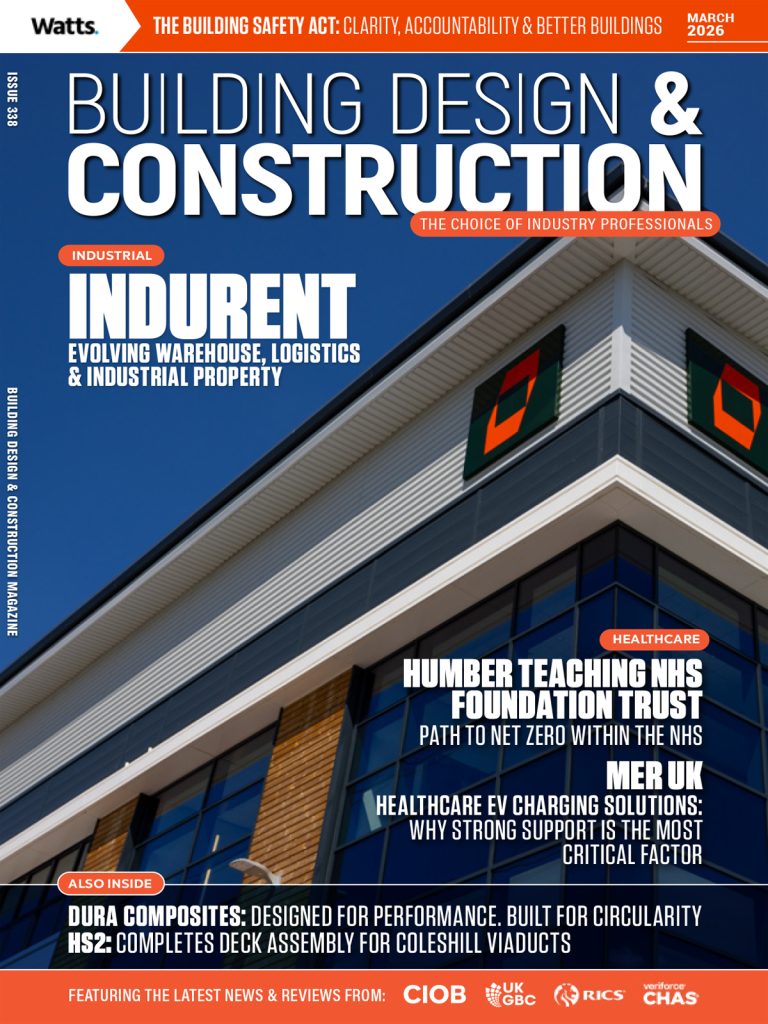A new survey has discovered that nearly half of people in the UK feel no sense of belonging in the community where they live.
The survey of 1,250 people, conducted by housing experts Laurus Homes, revealed that only 53% of people felt a sense of community with others that lived on their street.
The results varied greatly by age. 18 to 24-year-olds were least likely to feel a sense of belonging (44%) whereas those of retirement age (65+) were most likely to feel connected to where they lived (64%).
While there was no statistically significant difference between male and female respondents, sentiment changed greatly by region. Those in Wales were most likely to report that they felt a strong sense of belonging within their community (65%), whereas that number plummeted to just 44% for Londoners.
Is the UK losing its sense of community?
The survey from Laurus Homes displays a marked decline in the public’s sense of kinship with their local area over the last five years. Since 2014, the proportion of people who said they felt a sense of belonging in their neighbourhood has gone down from 72% (Source: Community Life Survey) to just 47% in this latest report.
Previous research from the Department for Digital, Culture, Media and Sport also found that in the last five years, Britons have become less likely to trust their neighbours. Only 40% of those surveyed in 2019 said that many of the people in their neighbourhood could be trusted, down from 48% in 2014.
In fact, the proportion of adults who chat with their neighbours at least once a month — beyond a mere ‘hello’ — has also declined in the same time (75% in 2015 to 72% in 2019).
This coincides with the increase in the number of people who felt their area had gotten worse to live in. That figure stands at more than 1 in 4 people in 2019, up from 1 in 5 just five years earlier.
What problems can a loss of community cause?
While the decline in our sense of community might seem insignificant in the grand scheme of things, it has significant impacts on health.
Social isolation is a major risk factor for mental health. One research paper published in BMC Public Health found that working-age adults who lived alone were significantly more likely to develop mental health problems and rely on antidepressants than those who lived in a shared household.
But why?
Many experts believe that having someone to talk to about ideas and circumstances helps people feel accepted by others. Feeling accepted is a core pillar of our psychological well-being. Without tight-knit communities, this sense of acceptance is more difficult to find.
How can we get our sense of community back?
The decline of local communities isn’t inevitable. In fact, there are a number of ways we can revive the sense of community in our neighbourhoods, boosting our mental health and well-being along the way.
Annie Clewlow, Manager of neighbourhood charity Communicare, suggests that lots of opportunities to chat — such as pubs, working men’s clubs, pension queues and at the school gates — have been lost thanks to the rise of digital communication.
“People need to be given more opportunities to ‘bump into’ one another in community spaces where they feel comfortable and safe. This includes cross-generational opportunities to increase mixing and socialisation across all age groups as this will improve each generation’s understanding of others.
“Some supermarket cafés already have tables set aside for people who would like to meet others for a chat to sit at and some cities also have ‘happy to chat’ benches.”
Annie said that local authorities could be instrumental in revitalising the UK’s sense of community. She said: “The government can encourage and support a ‘bottom-up’ approach and target funding to support community development such as local solutions groups.”
Zac Worthington, Sales Manager from Laurus Homes, said: “It’s clear from the findings that we have to look into whether there is a disconnect between people and their local areas, which could create the loss of a sense of community.
“As the results from the survey show people need more opportunities to ‘bump into each other’. That’s why we are building homes rather than houses. We want to foster a new sense of community by building homes where people want to live and connect with their neighbours and engage in a community.”
“Getting reconnected to a local community is key in helping reduce the level of social isolation our country experiences and encourage a way of living that is far better for our mental well-being.”





